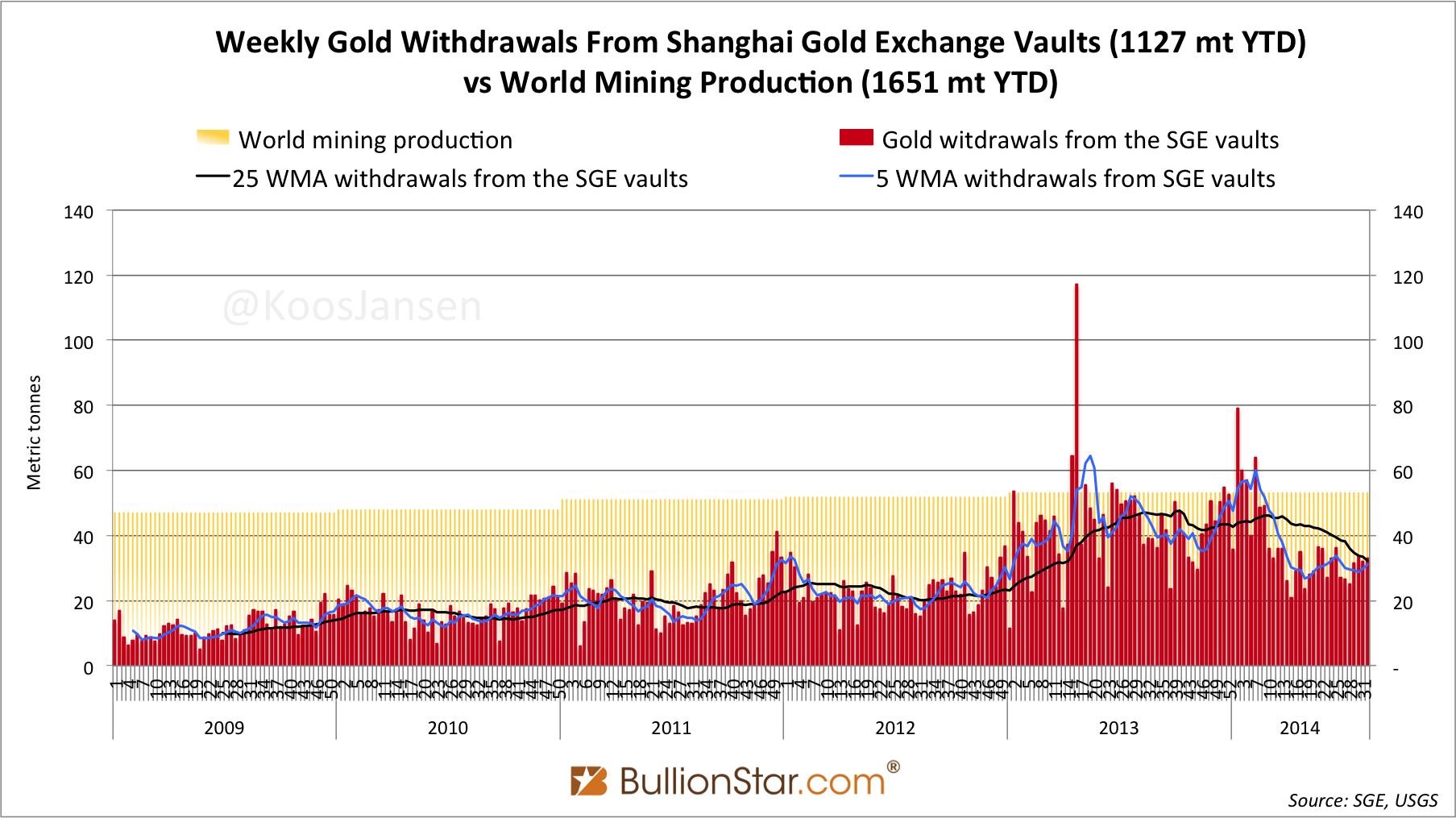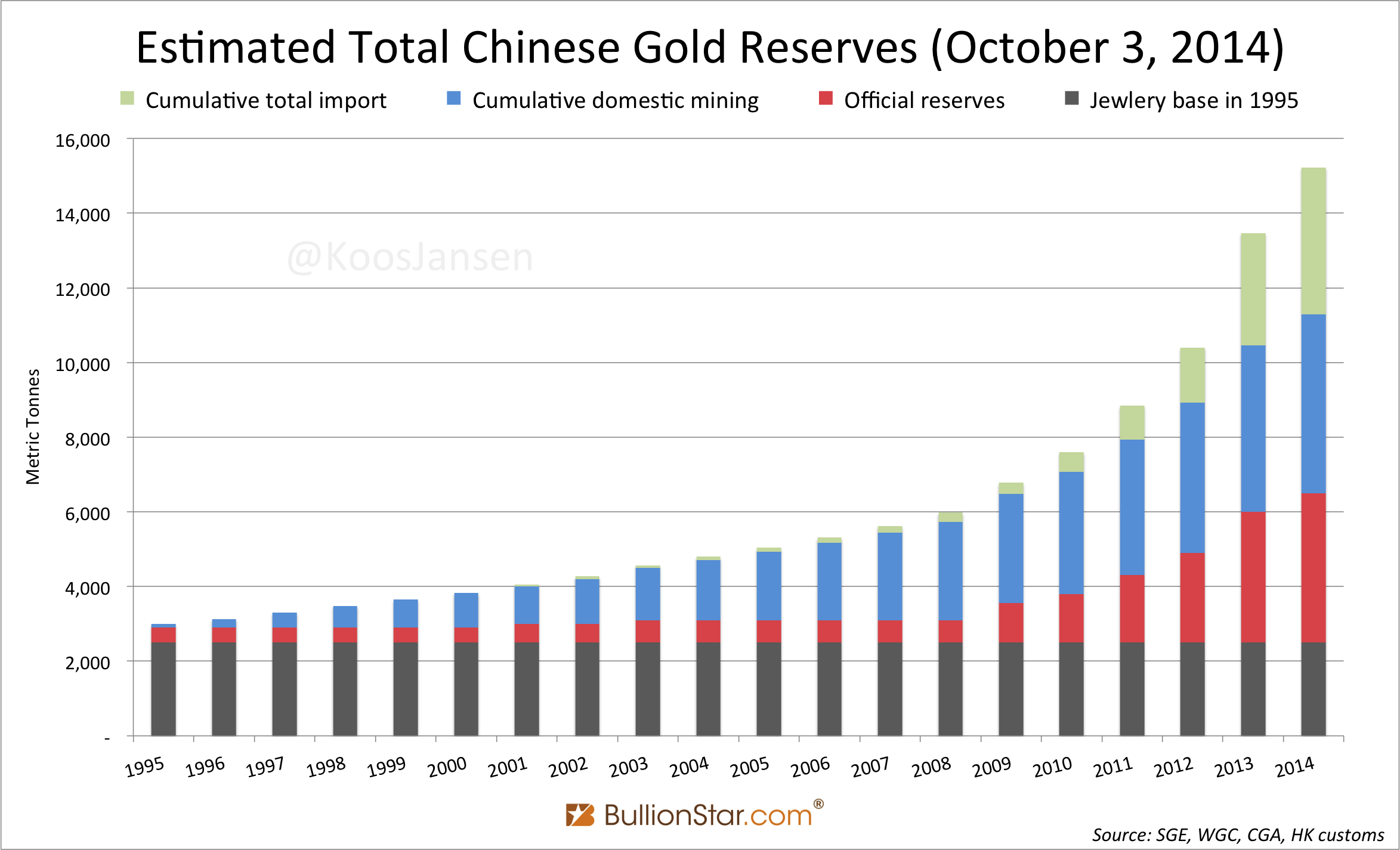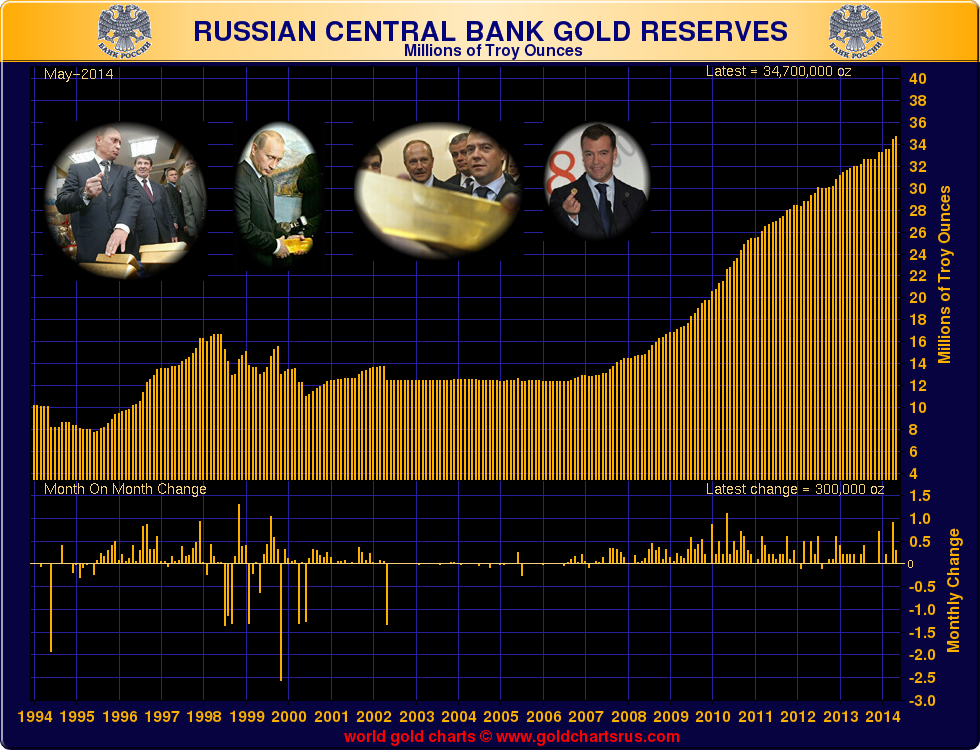It
is still difficult today to discuss the lack of freedom within the Western
mainstream media without being accused of extravagance or without being convinced to be Putin’s
nephew.
Yet, among other things, this freedom is just one of simple freedom`s multiple faces, and our determination to defend it will only be understood if
there is the will to admit that,
actually, there is no other way to really win this war in which the NATO
rulers want to rush
Europe.
Regarding the barriers put today to the freedom of
thought, Chomsky(1), Bourdieu(2), Orwell(3), de Sélys and Collon(3b), Scott(4) or Joly(5) and many
others previously have also spoken about it long before we said it and will say it again. Particularly, the principle of consent manufacturing, once it has
been imposed, leads to the fact that in this respect the feelings of the masses depend on the deleterious influence of the
few, pushing everyone toward rushing
things, misunderstanding, suspicion or fear. All this demonstrates better than anything else the degree of recklessness we have reached.
One of the
good precepts of a philosophy worthy of this name is to never spread useless wailing while
facing inevitable situations. Nowadays, the problem
in the West is no longer how to preserve the freedom of the press. It is to seek ways of keeping citizens
free in front of the suppression of such
freedom. The issue is no longer the
governments’ concern. It involves the civil society and,
first of all, the individuals.
Yet, what
would please us most of all here would be to define the conditions and means by
which, on the edge or within the war and its easements, freedom can not only be
preserved, but also shown. These means are four in number: lucidity, refusal,
irony and stubbornness.
Lucidity is the engine of our own freedom
Lucidity
supposes resistance ahead of hatred workouts and fate worship. In the world in
which we live now, and with all the experience we have, it is certain that
everything can be avoided. The war itself, which is a human phenomenon, can be
at all times avoided or stopped by human means. Just knowing the history of the
previous years regarding European politics is enough proof that wars, of any
kind, have obvious causes. This clear view of things excludes blind hatred and
chaotic despair. A free citizen, in 2014, does not despair and fights for what
he believes to be true as if his action could influence the course of events.
If he is a writer, whatever the medium, he would definitely not publish
anything that could produce hatred or cause despair. All this is in his power.
Surrender sovereignty, or else refuse to give
up
Still, a
citizen can also be a state representative. The American and British
governments tried ten years ago to
discredit the ideals of the United Nations and to dishonour all the guardians
of our collective conscience with lies, deceit and injustice(6) by drawing them
into the war in Iraq, only to be prevented in
extremis by the will and courageous voice of a French minister(7). These
same governments are now trying again to pull the strings in order to rush us
into the war in Ukraine, and soon also against Russia, using the same infamous,
shameless methods(8). However, they want to use NATO to bypass the Security
Council of the UN, having learned from their 2003 failure. The NATO Summit in
Wales on 4 and 5 September, bringing together 28 allied member states, has no
other purpose than to replace in the public eyes a resolution of the Security
Council on the next intervention in Ukraine, which will be preceded by the
arrival of the American troops in Eastern EU bases(9), and also in Italy,
Holland and Germany. That's nothing other than a reoccupation of Europe by the United States Army. The European states
have actually not left their colonial status during the past 70 years, except
during brief respites like the Gaullist period. In this respect, the TTIP and
the recent fines applied to the European banks are only ways to restore the
direct taxation of Europeans after the indirect taxation manifested through
purchases of American Treasury bonds by all states.
Which man
will find the courage to walk in the footsteps of Dominique de Villepin at the
next summit and to refuse loudly that his country follow the fatal path where
the United States and Britain want to lead the alliance? Who, without giving
into haste, misunderstanding, suspicion or fear, will remember the words of
Democritus, “a man's character makes his
fate”? In the framework of this summit, the heavy responsibility and
immense honour they have, should induce them to give priority to the
disarmament of the opponents in Ukraine, with a peace that would not be in an
Orwellian language, but instead in collaboration with the Eurasian Union.
Should we serve the lies or the freedom ?
Facing the rising tide of
stupidity, it is also
necessary to oppose some refusals. All the
constraints of the world will never allow for some truthful
minds
to accept to be dishonest. Nevertheless, if only one knows the mechanism of information, it is easy to check the authenticity of any news. That is where a free journalist and a citizen must give full
attention, because even if he can’t say what he thinks, he
is allowed to not say
what he does not think or what he
believes is false. This is how a free newspaper is measured, by what it says and by what
it doesn’t say. This freedom defined by the negative is, by far, the
most
important of all, if we know how to keep it, because it will therefore pave the way to true freedom. Accordingly, an independent
newspaper shows the sources of its information, helps
the public to evaluate them, repudiates
the ballyhoo, removes invective comments, and overcomes the
standardization of information through comments. In short, it serves the truth as humanly as possible.
This
measure, as relative as it is, allows him at least to deny something that no force in the world could push him accept:
to serve lies.
This is
what we expect from all contributors and columnists at the end of the next NATO
summit.
Stubbornly cherish the
truth
This is
where things get ironical. As a principle we can say that any mind which has
the taste and the means to enforce the constraint is not subject to irony. One
can hardly imagine Kerry, Netanyahu, Fabius, Ashton, Yatsenyuk, taking just
some examples among others, using the Socratic irony. Irony remains therefore an unprecedented
weapon against the powerful. It complements the refusal by allowing not the
fallacy rejection, but the truth presentation. A free journalist, in 2014, does
not imagine his oppressors to be too intelligent. He is pessimistic regarding
human beings. A truth stated dogmatically is censored nine times out of ten in
mainstream news outlets. The same truth said pleasantly is censured only five
times out of ten. This explains why French newspapers such as Le Canard
Enchaîné can regularly publish the brave articles we all know. So, a free
journalist in 2014 is necessarily ironic, although many times still
unwillingly. Yet, truth and freedom, demanding mistresses as they are, have few
lovers.
As a matter of fact, this attitude of mind that we have briefly defined is not
efficiently sustained without a minimum of obstinacy. Many obstacles are placed
in the path of the freedom of expression. The most severe are not the ones
discouraging the people’s mind, as threats, suspensions, and lawsuits generally
produce the opposite effect than the one initially intended. Yet, we must admit
that there are discouraging obstacles: the constancy of ignorance, organized
cowardice, aggressive stupidity, ostracism, and so on and so forth. Those are
major obstacles that people must overcome. In this respect stubbornness is a
cardinal virtue. By a curious but obvious paradox, it supports objectivity and
tolerance.
Independent minds influence history
Here is a
set of rules meant to protect freedom from becoming servitude. And after that?
one will ask. After that? Let's take it easy, though. If only every Western
country’s citizens were willing to maintain in their own sphere whatever they
believe to be true and just. If only they wanted to contribute individually to
the maintenance of freedom, resist the abandonment and make their will known,
then and only then the war would be won, in the deepest sense of the word.
Yes, it is often unwillingly that a free spirit of this century shows its
irony. Is there anything funny in this world on fire? Yet, the virtue of man is
to face all that denies him. Nobody wants to start all over again today the
twice bad experiences of 1914 and 1939. We should therefore try a different
method, that of justice and transparency, under the auspices of the United
Nations, since NATO can’t take on the UN’s responsibilities, in order to lead
to inspections and peaceful disarmament. Yet, justice is only expressed in open
hearts and still clairvoyant minds. Train
these hearts and minds, wake them up, for it is the modest and ambitious task
that belongs to the independent human beings. This is something we should keep
in mind without looking further. History will or will not reflect these efforts.
But they will have been made.
Even
though, despite all our efforts, a new war ultimately occurs, Europe once again
being destroyed within the most terrible years of its long history, we must
work today for its future reconstruction. It will start by instilling the
spirit and courage, and honour. Then future generations will remember our
voices, will find our spirit and will walk in our footsteps long after NATO
will have been swallowed by history. Countries that will cultivate these values
do not cease to raise up history and mankind.
Translation by Georgeta Moldovan.
_________________
(1) ‘Manufacturing Consent: The Political Economy of the Mass Media', Edward Herman and Noam Chomsky, 1988.
(2) ‘Sur la télévision’, Pierre Bourdieu, 1996.
(3) '1984', E.A. Blair, a.k.a George Orwell, 1949.
(3b) 'Attention Médias ! Mediamensonges du Golfe. Manuel Antimanipulation’, Michel Collon, 1992









